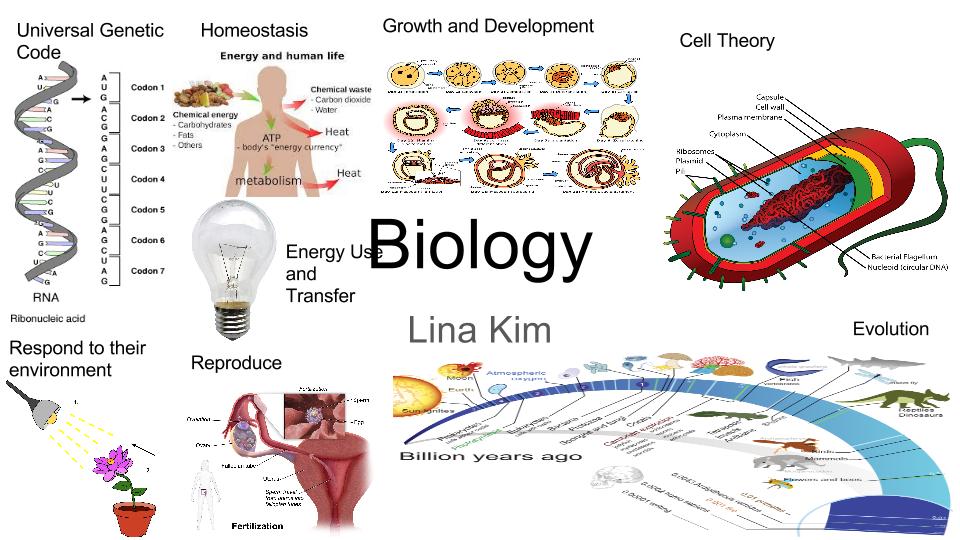

As Louis Leakey showed us, our early human ancestors probably hunted and foraged for food on the continent of Africa long befre North and South America or Australia were inhabited by people. The exciting findings of human paleontology (the study of fossils) have pushed back our ancestry as tool-using humans who walked on two legs to several million years ago. We can use the techniques of archaeology to uncover the skeletal remains of our ancestors from the distant past. These studies by primatologists are particularly important now because many primates are endangered animals, and our knowledge of their behavior and environment may help them and us to survive in the future. We can learn about primate behavior by studying them in the wild, as Jane Goodall did with chimpanzees in Africa, or by studying them in small captive colonies.

Primates include us (Homo sapiens), the apes, the monkeys, and prosimians, such as the lemur. In order to grasp how humans evolved from earlier life forms, we can look at our closest relatives, the primates. The two primary concept areas that tend to hold biological anthropology together are human evolution and human biosocial variation there are many topics that can be studied within these two concept areas. WHAT IS BIOLOGICAL ANTHROPOLOGY?īiological anthropology (also called physical anthropology), then, is an interesting mixture of social studies and biological studies several other ingredients make it even more fascinating. Biological anthropologists are interested in human evolution, from our origins and diversity in the past to our probable future as inhabitants of this planet. These studies can be carried out on the skeletal remains of people from the past or on the biological characteristics of living people. The division of anthropology called biological anthropology is very different from the others, it deals with both the social behavior and the biology of people-it is a biosocial science. A third division, linguistic anthropology, studies the nature of human languages.

Archaeologists excavate or survey the remains of societies that existed many thousands of years ago or the remains of societies from recent times. Another division, archaeology, is concerned with understanding societies that existed in the past. Cultural anthropologists often conduct studies of peoples whose customs are quite different from our own and they attempt to explain the reasons for these complex patterns of social behavior. One division, called cultural anthropology, focuses on an understanding of the way that people live in different societies or cultures around the world. Anthropology is an academic field of study with several divisions.


 0 kommentar(er)
0 kommentar(er)
